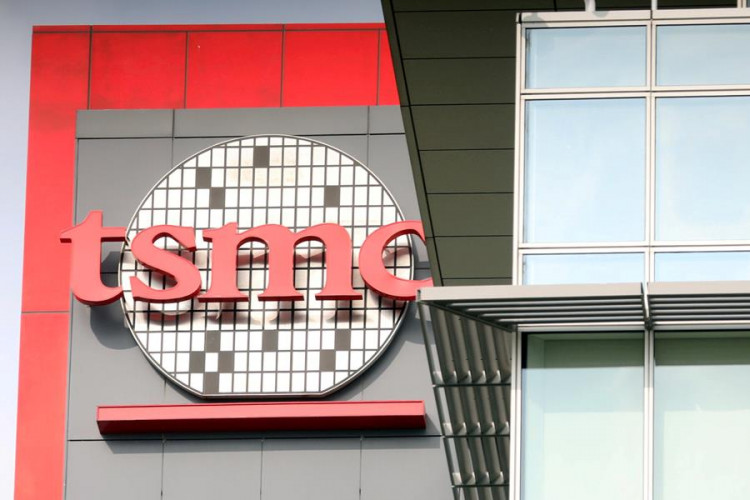According to a report from Germany's Heise news network on the 24th, the German government plans to allocate €20 billion to promote the development of the country's chip manufacturing industry. This fund will be drawn from the €180 billion "Climate and Transformation Fund" (KTF) and will be provided as subsidies to both domestic and foreign chip companies by 2027.
Bloomberg stated that KTF, a fund outside the federal budget of Germany, was originally established for the development of a low-carbon economy. However, as the German government often exceeds the regular budget, the scope of this fund has expanded.
Insiders disclosed that the German government is currently discussing how to utilize this allocation over the next few years and will announce the details in the coming weeks.
Regarding the distribution of the €20 billion subsidy, Bloomberg stated that U.S. chip manufacturer Intel has already secured half. This means Intel's production base in Magdeburg, eastern Germany, will receive a €10 billion subsidy. The German government also plans to offer about €5 billion to Taiwan Semiconductor Manufacturing Company (TSMC) for the construction of a new factory. The matter of TSMC setting up a factory in Dresden is currently in the final negotiation phase.
In addition, Germany's Infineon Technologies is expected to receive a €1 billion subsidy. ZF Friedrichshafen, a German automotive supplier, and U.S. chip manufacturer Wolfspeed are also expected to receive a €750 million subsidy for a joint venture factory in Germany.
Bloomberg mentioned that amid economic uncertainty, inflation, and the impact of the U.S. "Inflation Reduction Act," European countries have been under pressure to attract investment. During the peak of the COVID-19 pandemic, German automakers and other manufacturers struggled to secure chip supplies, prompting Germany to strive to increase domestic semiconductor production. Trade friction between the U.S. and China also highlighted the risk of Germany's over-reliance on overseas supply chains.
Previously, the Frankfurter Allgemeine Zeitung reported that Germany will provide €4 billion in funding for 31 chip projects, 70% of which will be provided by the federal government and 30% by the various states. These projects cover the entire chip industry chain, including material production, chip design, and semiconductor manufacturing.
Not only Germany, but the entire European Union (EU) places great emphasis on the domestic chip industry. According to a report from Agence France-Presse, the EU Council officially approved the "Chip Act" on the 25th. This legislation aims to create conditions for the development of the European semiconductor industry, attract investment, strengthen research and innovation, and prepare Europe for future chip supply crises.
The EU "Chip Act" will mobilize €43 billion in public and private investment (of which €3.3 billion comes from the EU budget). The goal is to increase the EU's global chip production share from the current 10% to 20% by 2030, to meet both its own and global market demands.
Bloomberg mentioned that currently, Europe mainly produces "mature chips" used in the automotive industry, but the EU aspires to manufacture more "leading-edge chips." More importantly, the act allows member countries to subsidize chips that achieve "first-time innovation."






